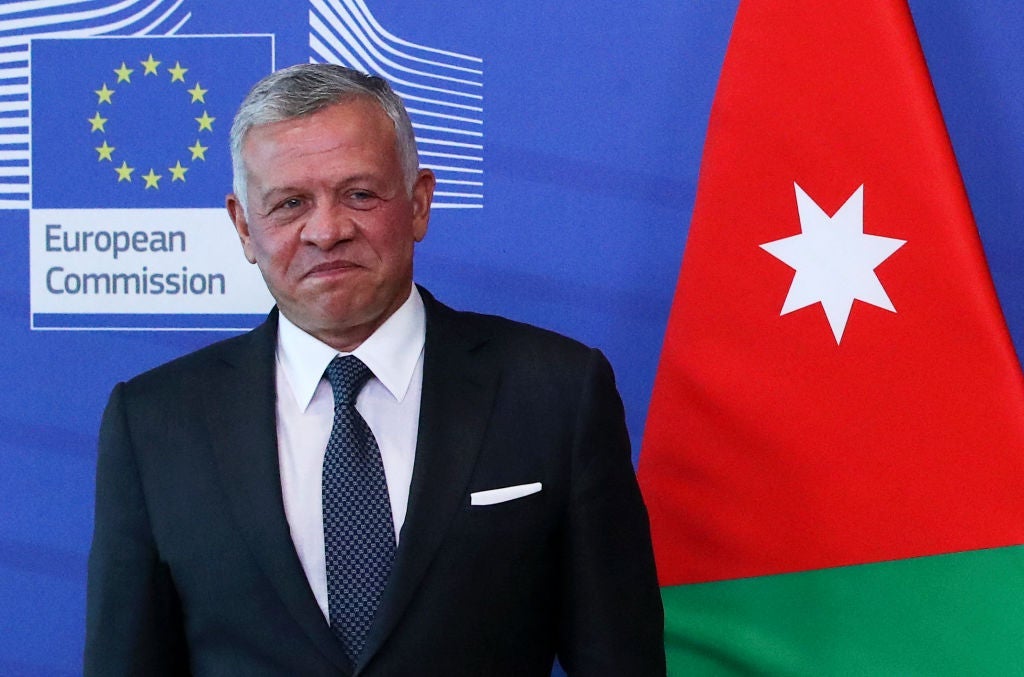

Political risk is far greater in dictatorships than democracies, so it might be assumed that all investors steer the hell clear (for ethical reasons too). Many, and arguably most, do, but some do not, for better and for worse.
Not all foreign direct investment (FDI) to dictatorships involves corruption or directly props up a dictator. It very much depends on the sector and country in question, as highlighted by Investment Monitor’s coverage of FDI to authoritarian states. In this regard, the oil and gas industry is the most notorious (the environmental impact aside).
Foreign investment in hydrocarbons almost always involves huge contracts and a joint venture with enterprises owned by the dictatorial state. Simply put, illiberal regimes and oil companies are very often found in bed together – just look at Azerbaijan, Russia and Saudi Arabia, where the vast majority of FDI is in hydrocarbons. While many of these foreign business are from illiberal regimes and are state-owned too (especially Chinese actors), European and North American conglomerates are also highly involved. ‘Cash is king’ springs to mind.
Who are the least risky dictators?
Whether it is the oil sector or not, foreign direct investors still seek to minimise their risks when investing in dictator-run countries.
Given that most dictatorships are run by an individual, often a cult of personality, many of the normal metrics used to gauge a country’s stability for investment go right out the window. In fact, the available metrics are rather limited, meaning foreign investors become less interested in credit ratings and more concerned with the character of the autocrat.
Recent research from the Journal of Comparative Economics, led by the University of Lille’s Abel Francois, sheds more light on this rather haphazard (and amusing) process. In short: foreign investors go to great pains to scrutinise public information on dictators to assess the risk.
Francois and the team looked at 100 dictatorial countries from 1973 to 2008, studying foreign investors’ assessments of the dictators across five characteristics: age, political experience, education level, education in economics and prior experience in business.
They found that educated dictators were more attractive to foreign investors; more specifically, that the greater educational attainment of the dictator (especially those with tertiary education in economics), the higher the FDI. They also concluded that dictators with prior experience in business were associated with greater FDI levels. On the other hand, the leader’s age and political experience had no relationship to FDI attraction.
Some dictatorships are indeed more stable for business than others – take war-torn Syria versus peaceful Jordan, for example. The King of Jordan, Abdullah II, is often praised for his education at the University of Oxford and Georgetown University. Western investors probably view this as further evidence of his pro-West stance, a ‘badge of stability’.
However, at the end of the day, dictatorial rule is fundamentally precarious, Ivy League education or not. Investors are grasping at straws. While there may be some logic and sense in the aforementioned ‘risk assessment’, it looks more like a process of talking oneself into a false sense of security.






